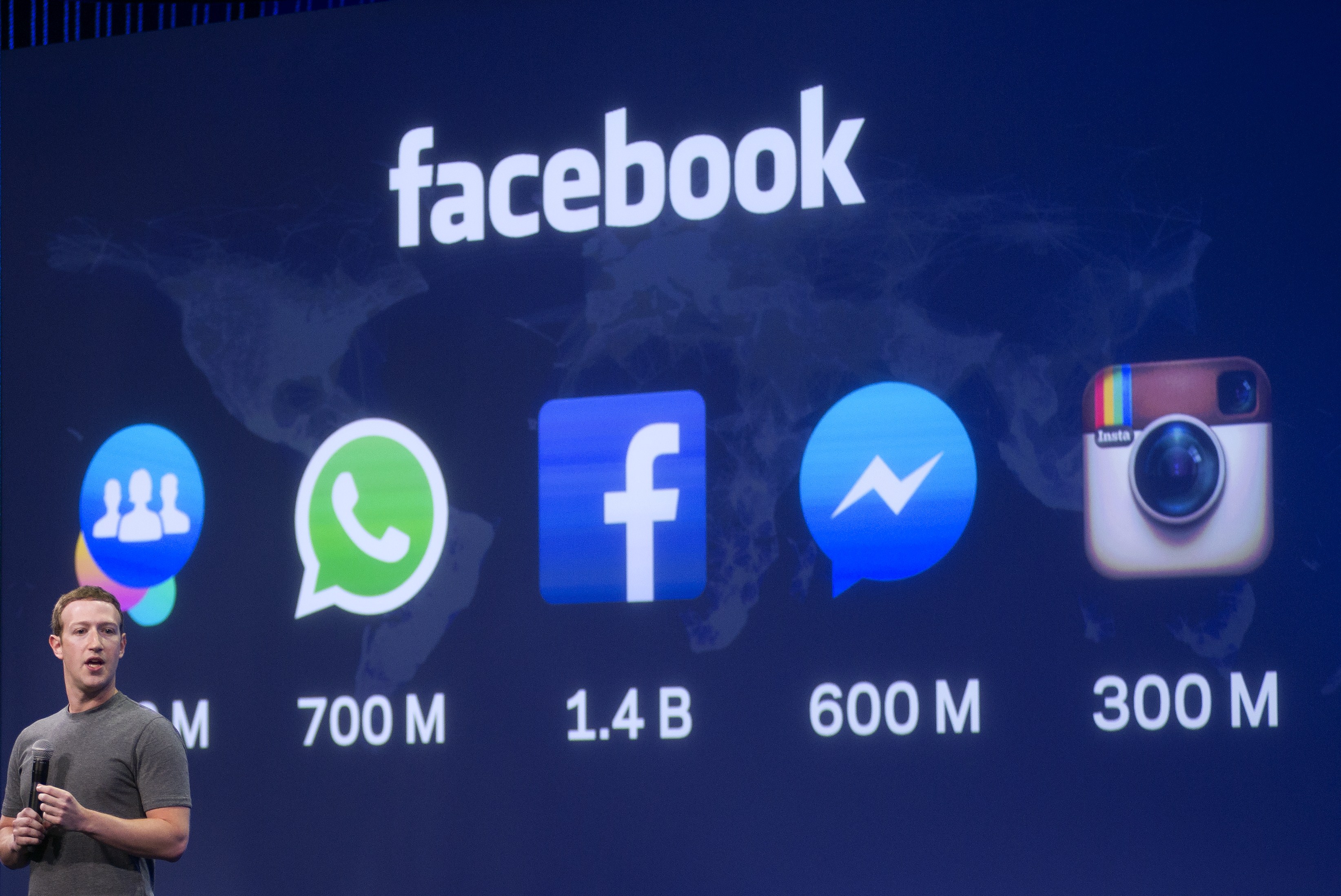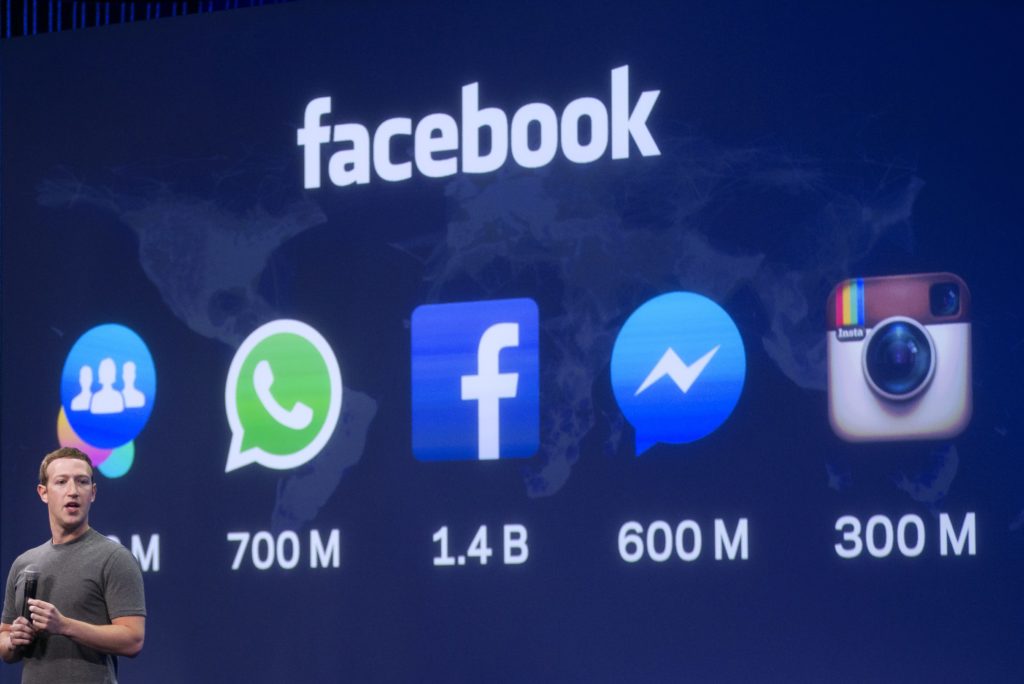Whether it is Russian cyber forces attempting to swing the US election, or agitators stirring up the Buddhist majority in Sri Lanka against minority Muslims, Facebook has enabled them to force their own versions of reality onto the smartphones of millions of unsuspecting people — as long as they are willing to pay for the advertising that gives prominence to what they publish.
Compare that with the approach taken by the responsible sections of the media to a potentially incendiary story: sources are double checked, counter comments are sought and the potential impact of a story carefully considered, long before it appears online, on the pages of a newspaper or on a TV broadcast.
Yet it’s to Facebook that people increasingly turn to find out what’s going on in the world, and the priority now is to give them a way to distinguish fact from fiction.
‘Facebook is the internet’
In the West, the polarising influence of Facebook has led to some heated debates online and offline. But in developing countries such as Sri Lanka, where social tensions already run high, fake news on Facebook has had more serious consequences. It has, at times, led to violence, arson and murder.
In March, the Sri Lankan government blocked access to Facebook, claiming that videos purporting to show Buddhist temples being torched would incite further violence, after the killing of a Buddhist driver led to deadly attacks on Muslim-owned properties that left three people dead.
Often it’s tricky for people in developing countries to question what they read on Facebook as for many, Facebook is the internet.
Facebook’s Free Basics internet service for developing countries is creating some confusion: a small-scale survey of 1,000 people done by the online magazine Quartz to assess how Facebook is perceived in developing countries suggested that over two thirds of Nigerians and Indonesians they polled agreed with the statement “Facebook is the internet”, as did over half of Indians and Brazilians in the poll.
India is the world’s second most populous country, while Indonesia is the fourth biggest, Brazil the fifth and Nigeria the seventh.
Reinstating trust
Facebook said in March it would start to deploy fact checkers when a story is flagged by users as false, and take action against repeat offenders. But, given the gravity of the situation, this seems like far too little, much too late.
Can it really be trusted to kill or, or disable, its golden goose? Almost a fifth of all global online advertising spend went on Facebook in 2017, according to the statistics site Statistica. And a sizeable chunk of that comes from people and organisations trying to push their own versions of the news onto people’s screens.
It’s why initiatives such as the Trust Project, run by former Nature journalist Sally Lehrman, are so important. SciDev.Net has signed up, joining publications such as The Washington Post, The Economist and La Stampa to start displaying a Trust Indicator — a seal of quality to show readers when they can trust what they are reading.
Facebook, along with Google, Bing and Twitter, have all agreed to display the Trust Indicator alongside quality journalism. By making sure that news services adhere to policies such as a clear corrections, a right of reply, and named and contactable journalists, the Trust Indicator is giving people a way to distinguish fake news from, well, news.
Ben Deighton is Managing Editor of SciDev.Net

